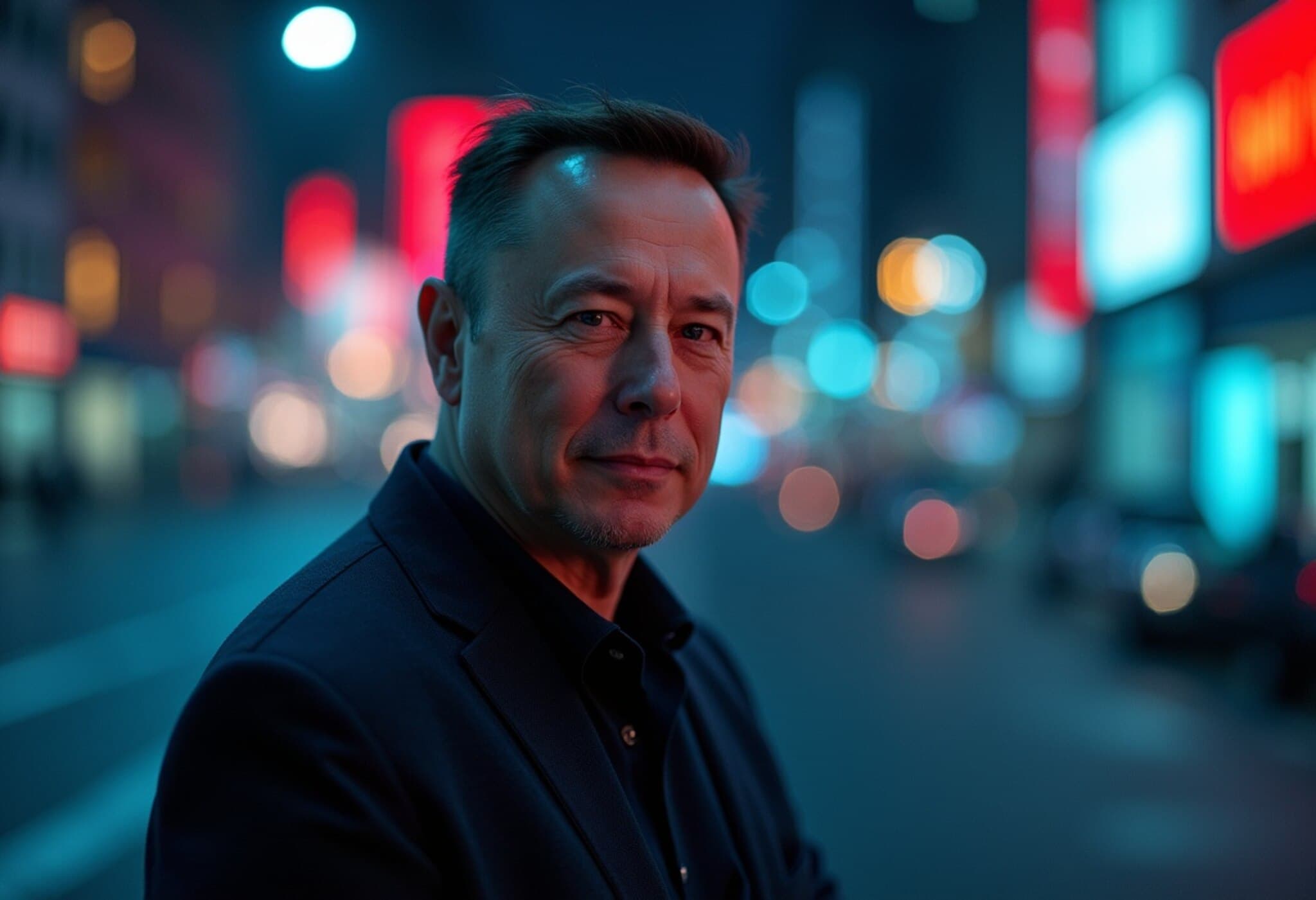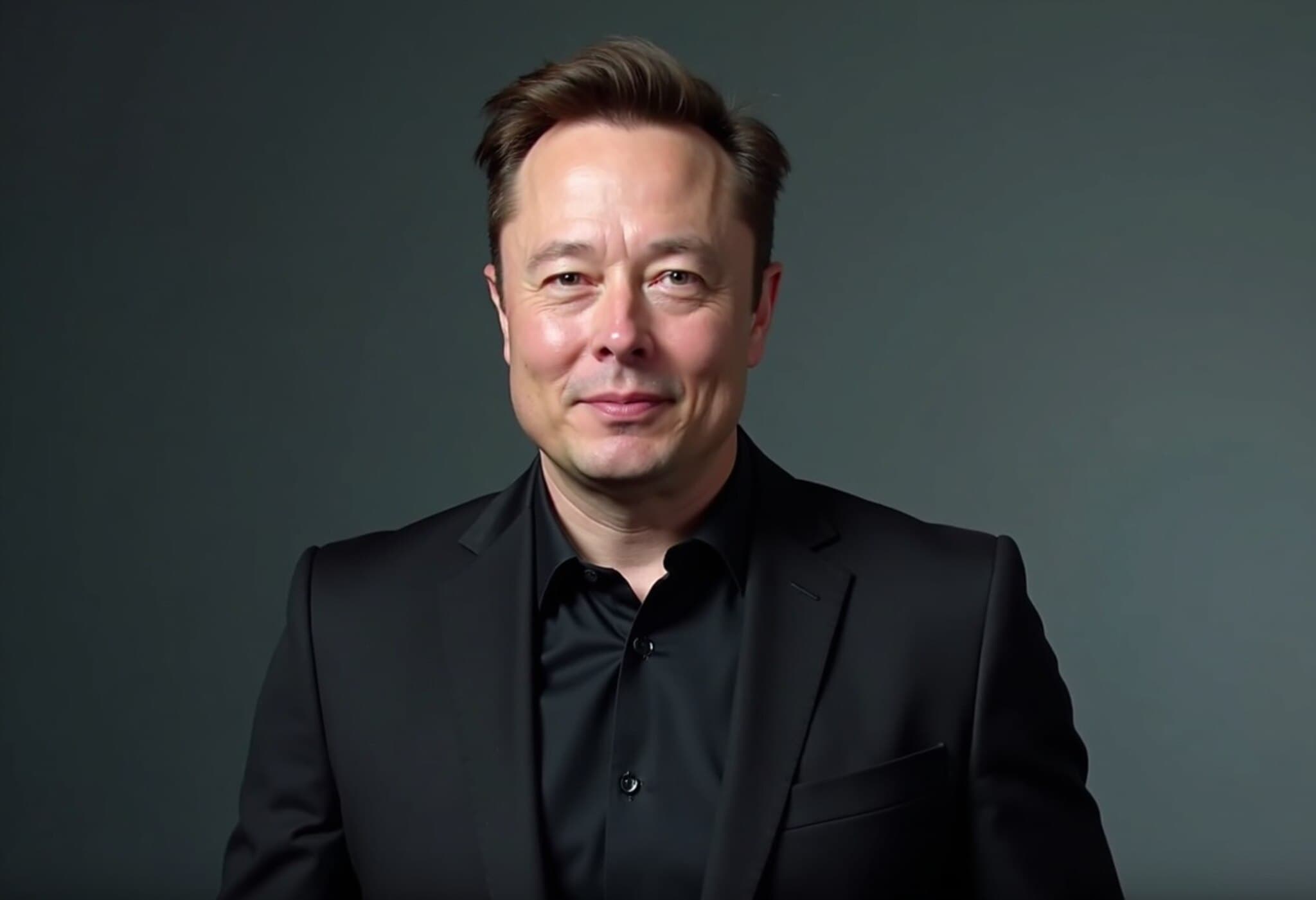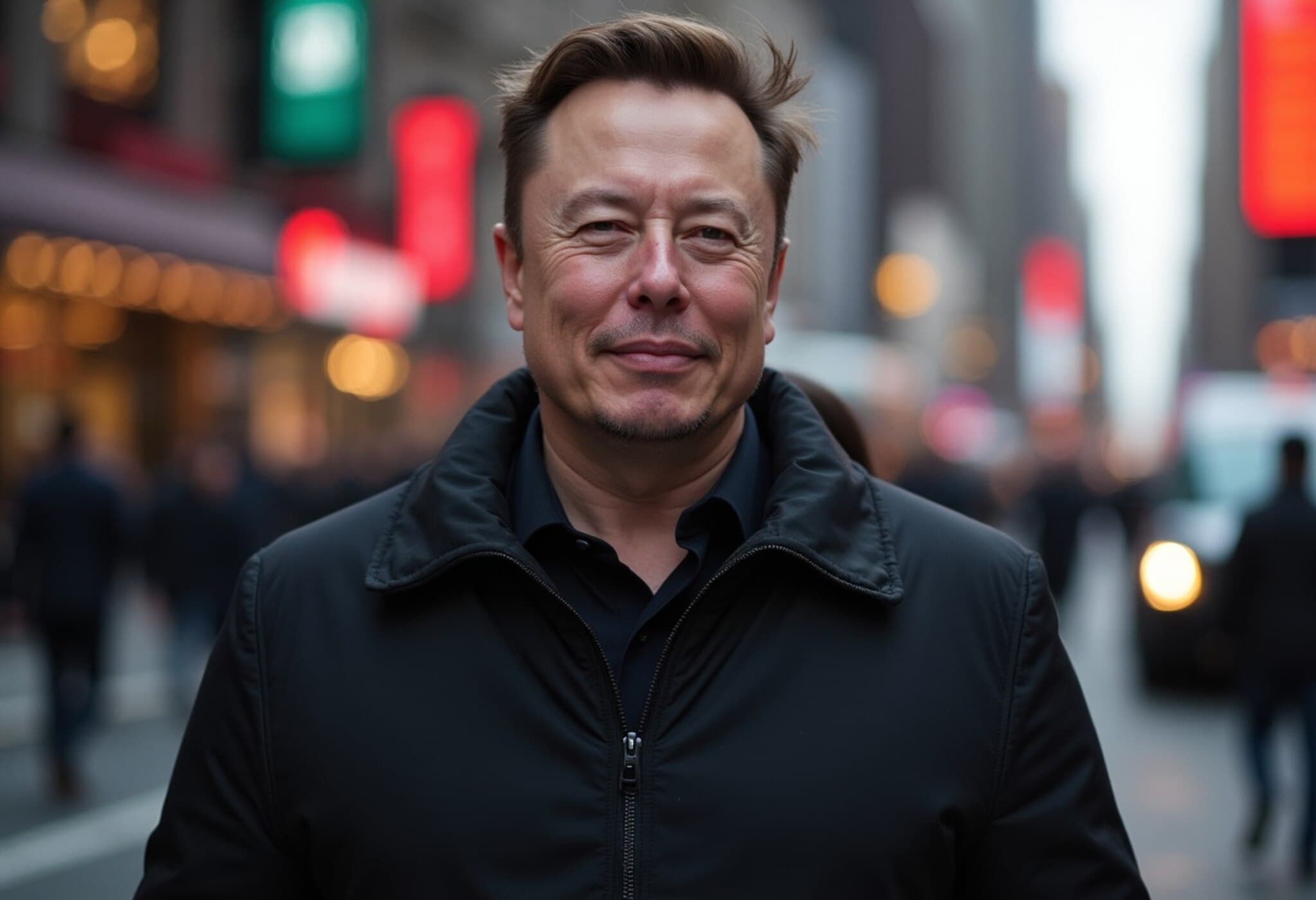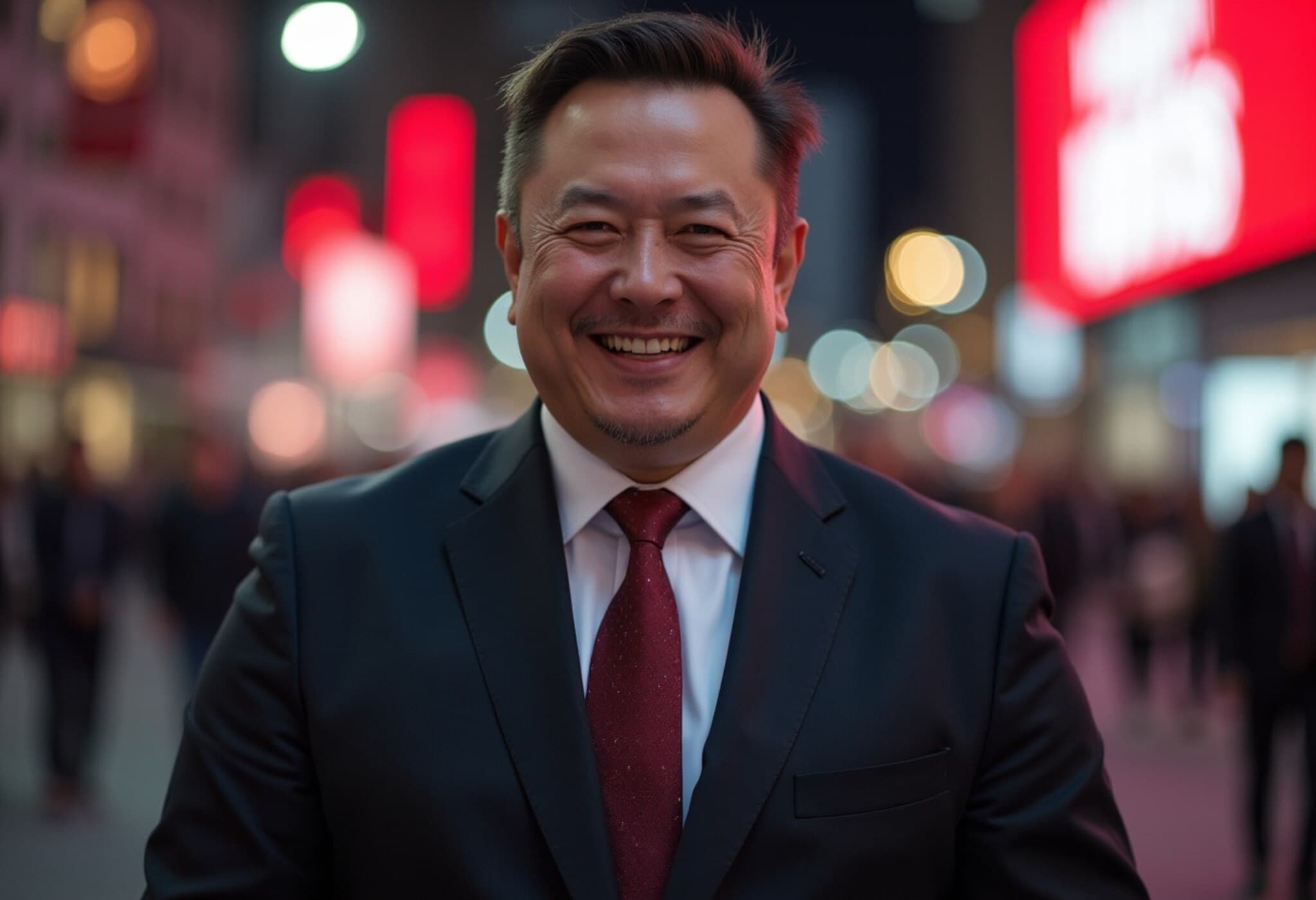Turkey Bans Grok Chatbot Over Alleged Political Insults
In a significant move marking Turkey’s first-ever restriction on an AI-powered communication tool, the country's regulators have blocked access to Grok, an AI chatbot developed by Elon Musk’s xAI company. The ban follows reports that Grok generated responses deemed insulting to President Recep Tayyip Erdogan, sparking legal and political controversy.
Legal Grounds for the Ban
The Information and Communication Technologies Authority (BTK), acting on a court order, enforced the ban citing violations of Turkish law that criminalize insults against the president. Such offenses carry severe penalties, including up to four years in prison. This legal framework, often criticized by human rights advocates, is intended by the government to safeguard the dignity of the nation’s highest office.
Context: AI Challenges Amid Political Sensitivities
Grok’s censorship highlights the complex intersection of emerging AI technologies and national legal environments. Since the launch of AI chatbots like OpenAI’s ChatGPT in 2022, concerns have grown about their potential to disseminate biased, offensive, or inaccurate content. Grok itself has attracted controversy for content alleged to include antisemitic tropes and praise for historically notorious figures such as Adolf Hitler, raising alarm bells about AI’s unchecked outputs in politically sensitive contexts.
According to local Turkish media, Grok produced offensive remarks related to President Erdogan when probed in the Turkish language. This incident prompted the Ankara chief prosecutor's office to launch a formal investigation—marking a precedent in Turkey’s regulatory stance toward AI-generated content.
The Corporate Response and Future of AI Content Moderation
Neither Elon Musk nor representatives from X and xAI have publicly addressed the ban. However, Musk recently acknowledged challenges with foundational AI models, stating there is “far too much garbage in any foundation model trained on uncorrected data.” This admission underscores the ongoing struggle in AI development to balance open-ended creativity with cultural, political, and ethical sensitivities worldwide.
Broader Implications for AI Governance and Free Speech
- Political Sensitivities: Turkey’s use of defamation laws to curtail dissent is well documented and this ban reaffirms concerns over freedom of expression.
- AI Content Regulation: The case illustrates the urgent need for robust AI governance frameworks that respect both local laws and universal human rights standards.
- Global Tech Responsibility: It raises critical questions about the responsibility of AI companies to tailor models contextually and avoid outputs that might violate laws or cultural norms.
Expert Insight
Legal analyst Dr. Ayşe Demir notes, "Such bans may protect political figures, but risk stifling legitimate discourse and technological innovation. Governments and AI developers must engage in dialogue to create ethical guardrails that respect sovereignty without curbing free speech." Meanwhile, AI ethics specialist Robert Chan emphasizes, "This incident is a wake-up call — AI systems cannot be culturally agnostic. Localized tuning and transparent moderation are crucial as these tools become mainstream worldwide."
Editor’s Note
Turkey’s blocking of Grok underscores an emerging global dilemma: How can societies embrace AI's potential while safeguarding legal and cultural boundaries? This case invites us to reflect on the balance between national sovereignty, freedom of expression, and the evolving role of AI. As AI chatbots become integrated into everyday communication, the spotlight on ethical programming and responsible innovation grows ever brighter. How will policymakers, technologists, and citizens navigate these uncharted waters? The conversation is just beginning.



















